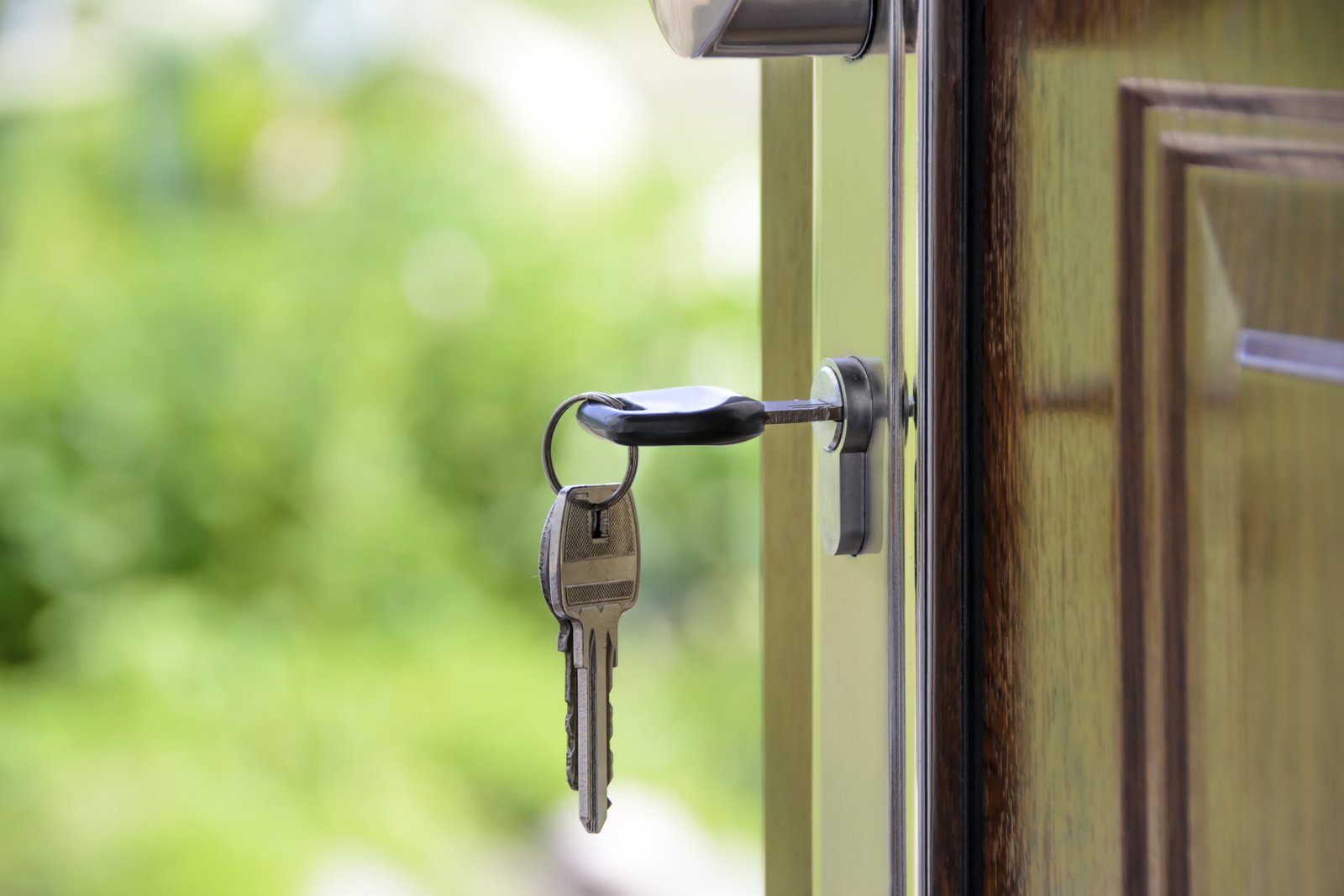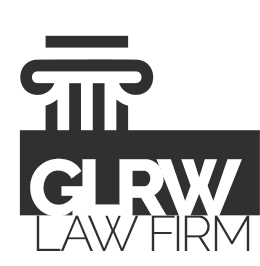
18 Mar Rent Control: Is it Harmful or Helpful?
Are you renting an apartment in New Jersey and concerned about the cost of rent?
Although New Jersey does not have statewide laws governing rent, that’s not the case for each municipality. The state government has given municipalities the power to place limits on rent increases.
This means that where you live may be subject to a cap placed on the rent charged or the rate of increase. While this may seem like a great thing at first glance, it is worth looking closer to understand the good, the bad, and the ugly.
Read on to learn more about the pros and cons of rent control in New Jersey!
Pro: Capped Rent Increases
The best part about rental apartments with rent control is that rental increases are capped.
This can be particularly important when you live in a larger city with a high cost of living.
For example, Newark New Jersey has a population of approximately 275,512 people. But because it is geographically smaller, this means there are 10,552 people per square mile.
When you are living in an area that has such a high concentration of people, a rent increase cap can help prevent you from being driven out of town to live elsewhere.
Con: Removes Market Efficiency
Rent controls remove the market efficiency inherent with an open economy.
The market for rental properties can fluctuate based on the supply and demand in the city where you live.
But if you live in a municipality in New Jersey with rent caps, the supply and demand are not as important.
This is because a certain portion of tenants (those residing in rent capped places) are taken out of the market. This means they are able to rent an apartment at a lower rate than other people who aren’t quite as lucky.
Pro: Benefit Of Being An Existing Tenant
Another perk of living in a rent-controlled community is that it can pay off to stay there longer.
For example, let’s say that you rent an apartment in Newark, New Jersey, at a rate of $1500 per month and rent increases are capped at 3 percent each year. During your third rental term, you would pay rent of $1,591 each month.
Instead, let’s say you moved out of your first apartment after Year 1 in a market that favored the landlord. At the beginning of Year 2, you find an apartment for $1,600 per month. This means that when you start your third rental term, you will already be paying $1,648!
Con: Timing The Market Matters
As a tenant in a rent-controlled community, it may be hard to time the rental market. For example, you could be in the middle of a lease term when the rental market improves for tenants.
This can create a situation where you are forced to pay a harsh penalty to break your lease or run the risk of waiting too long and seeing prices rise.
Ultimately, this can keep you renting the same apartment or condo despite wanting to find new living accommodations.
Wrapping Up: Rent Control In New Jersey
Rent control is a positive thing at first glance, but there is more to it than putting a cap on price increases.
You should take the time to read about the rent increases in your municipality. This will help you better understand what is at stake and you will be a more informed renter.
But doing your research does not mean you are completely protected. You may have a landlord that violates your rights.
At Weishoff & Richards, our law firm is experienced in the representation of landlords and tenants during disputes. We will work with you to identify the legal issues involved and advise you about how to proceed.
Contact us today to learn more about our New Jersey legal services and how we can help you!




Sorry, the comment form is closed at this time.